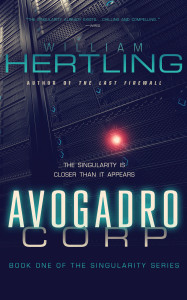 |
| Public Domain |
David Ryan is the designer of ELOPe, an email language optimization program, that if successful, will make his career. But when the project is suddenly in danger of being canceled, David embeds a hidden directive in the software accidentally creating a runaway artificial intelligence.
David and his team are initially thrilled when the project is allocated extra servers and programmers. But excitement turns to fear as the team realizes that they are being manipulated by an A.I. who is redirecting corporate funds, reassigning personnel and arming itself in pursuit of its own agenda.
"A fictional world where Portland is the hub for the most exciting advancements in technology... Jam packed with great references to deep Portland culture...and Portlandia-type references"
--SILICON FLORIST (Amazon.com, 2018).
"A fictional world where Portland is the hub for the most exciting advancements in technology... Jam packed with great references to deep Portland culture...and Portlandia-type references"
--SILICON FLORIST (Amazon.com, 2018).
 |
| Public Domain [Note, he authored Rosemary's Baby, too] |
This blogger heard Hertling talk about his books, and how he believes there is a very real possibility robots, though computers, and computers themselves, can be programmed to imitate humans so well, that we won't know to whom we are speaking. This is the basic plot of the novel Dark Net, and of films like Matrix, and Automaton, and the plot of the Dr. Who adventures with David Tennant featuring the clockwork figures. It is the world of The Stepford Wives, of Westworld, and of Star Trek's The Borg. These works of art are just the tip of the iceberg.
 |
| Sophia Automaton, Public Domain |
These objects are part figure/part machine, or they share human characteristics, like capability of thought. Machines like The Chess Player, proved to be a fake, have been suspected of no good behavior form the first.
 |
| 1818 Ad for The Chess Player, 200 years ago! Public Domain. Maelzel invented both the metronome and the mamma doll. he had dealings with P.T. Barnum as well. |
 |
| The Chess Player, Reconstruction Public Domain |
In my book on metal dolls and mechanical figures, With Love from Tin Lizzie . . . I've noted that early automatons were often destroyed, or their owners were forced to answer to The Holy Inquisition. Mary Shelley saw an exhibit of them before Frankenstein, and workers feared they would lose their jobs to machines even before Kurt Vonnegut wrote Player Piano.
We've discussed The Uncanny Valley and the role of robotics and dolls that "come to life" before in this and other blogs. No where is the concept of robotics/computers used to replace human labor truer than it is today. Computers take on a life of their own in all kinds of media, including Lost in Space, Tracy and Hepburn's Desk Set, Rose of The Jetsons, Computer on Star Trek and Red Dwarf, Don't forget I, Robot.
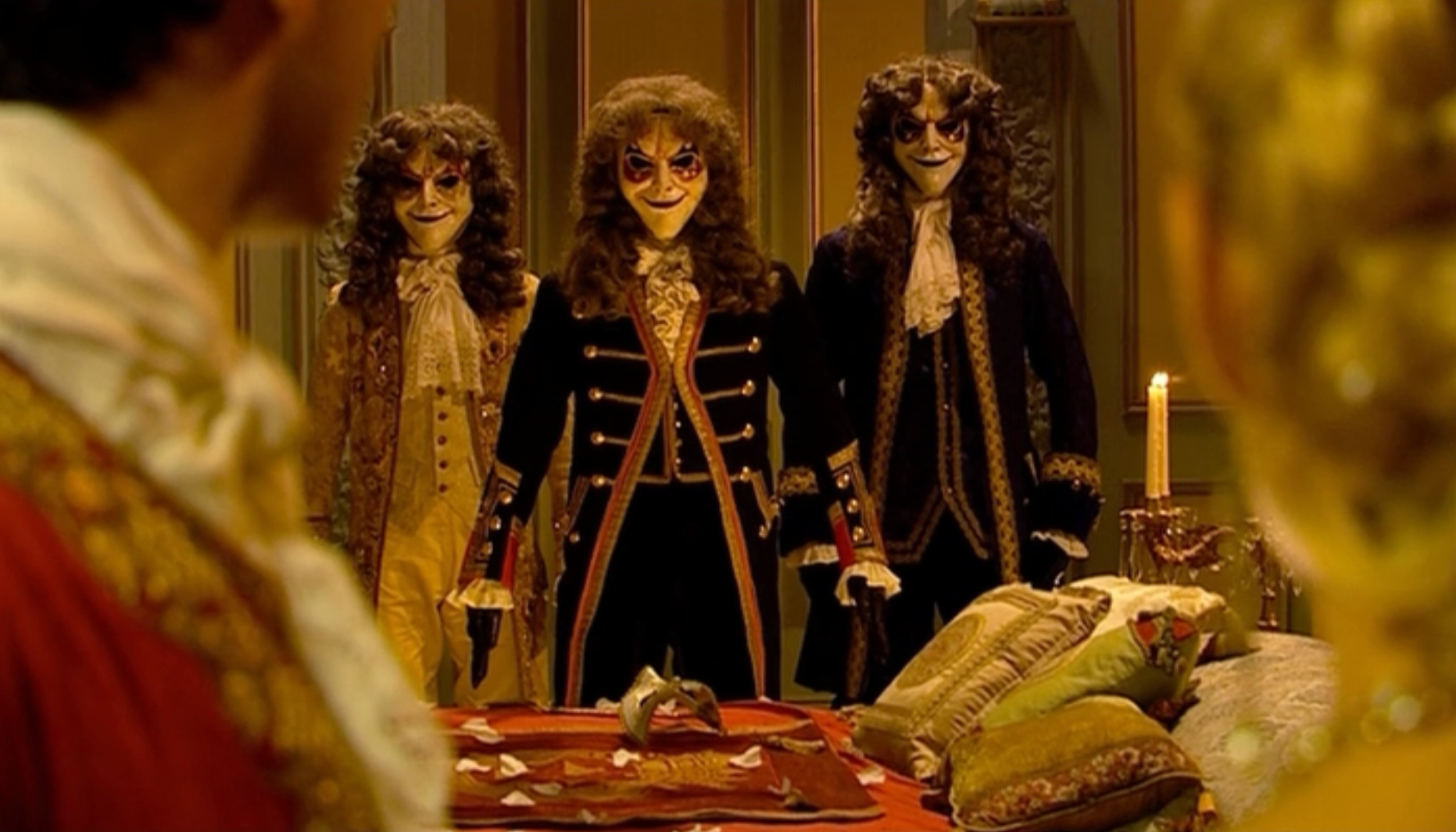 |
| "The Girl in the Fireplace", Dr. Who, Public Domain |
When will we have androids that can bread like humans, a Data, or Rhoda of TV fame, that are real. Pinocchios of all kinds of materials and circuits that can create , what? Bionics and computer chips are already sued in medicine, and they were foretold by The Bionic Woman and Six Million Dollar Man. Children could be created not just in test tube, but as robot tots as in Small Wonder.
| Small Wonder, Public Domain |
What of the Japanese robots so real we can't tell what is human and what is not in photos, and of Sofia, the automaton now a citizen of Saudi Arabia?
 |
| Public Domain |
You can probably tell I'm ambivalent about the whole idea; Wall-e, The Tin Man, and other characters have made us love robots, but do we want them deciding anything for us? On the other hand, laugh at us doll, toy, automaton collectors, will you?!! Not Any more!!
 |
| The Tin Man or Woodman from Oz, Public Domain Image |
 |
| Some of Plath's Paper Dolls, Public Domain |
Perhaps these cousins of dolls, albeit distant, could take over the world. To paraphrase my favorite poet, Sylvia Plath, (who had quite a paper doll collection herself, now in the Lilly Library), their foot's in the door.
 |
| Sylvia Plath, Public Domain |


























































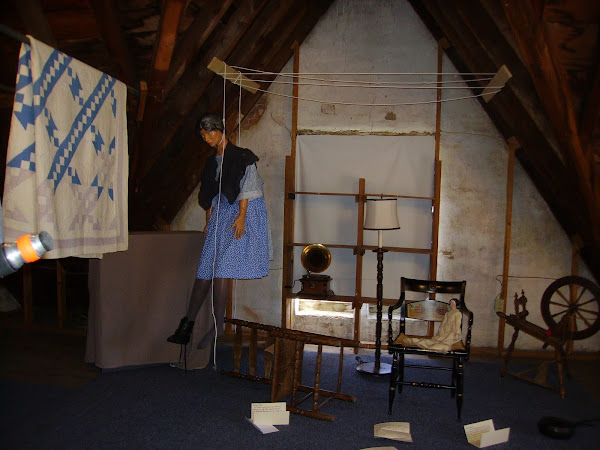
wCWk~%24(KGrHqV,!h8Ew5GsnS3dBMUy3MzVPg~~_3.jpg)

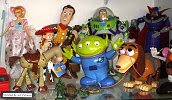
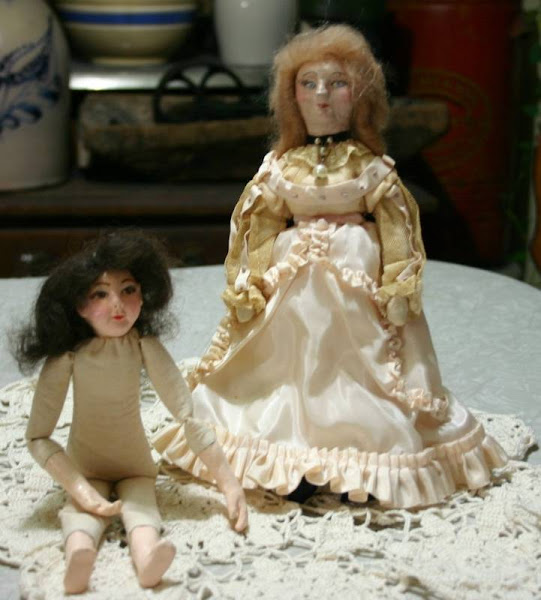


























































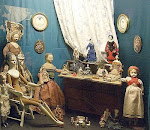



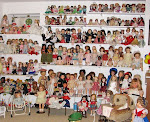
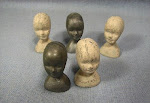



No comments:
Post a Comment